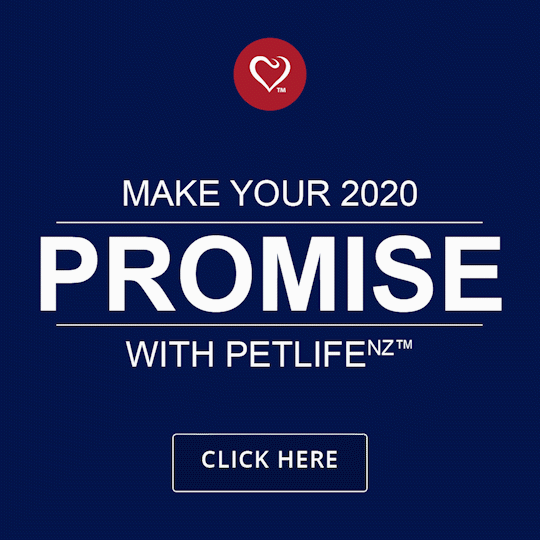HEALTH & WELLNESS

TRENDING

SIGN UP and Start Receiving
Our Monthly Newsletter,
The Chronicles
WHAT YOU NEED TO KNOW ABOUT YOUR DOG’S ORAL HEALTH

As humans we know how important good dental hygiene is. The thing is, it’s also very important for pets, but often dismissed.
If left unchecked, dental disease in dogs can cause other health problems, for example heart, lung and even kidney disease. However, if you are vigilant about your pet’s dental care you can prevent dental disease and its downfalls.
PERIODONTAL DISEASE
This infection, which takes hold in progressive stages, affects the tissue surrounding the teeth.
It all starts with plaque, which is a bacterial film that attaches to the teeth. The bacteria then dies, hardens from calcium in the saliva and forms a hard, rough substance (tartar) on top of which more plaque accumulates!
So, while plaque is still soft, it can be removed by brushing and chewing the right hard foods and safe toys. If the plaque remains and spreads it can lead to gingivitis, a state where the gums are inflamed. The gums become red, swollen and usually bleed easily. Once the plaque gets below the gumline, you’ll need to consult a professional to manage and solve the problem. If you don’t do anything about the build-up, the part around the root of the tooth can become infected. Eventually, the surrounding tooth tissue is destroyed and the socket that holds the tooth erodes. This will cause the tooth to become loose.
The whole process is painful for your dog. Your responsibility is to make sure this process doesn’t even start.
WHAT ARE ORAL EXAMINATIONS?
During veterinary visits, ask for oral checkups to look for issues with baby teeth, missing/extra teeth, swelling or any other unusual developments, especially for older dogs.
Your veterinarian will also be able to tell you more about plaque and tartar build-up, diseases to be aware of and oral tumours. A basic check can be done while your dog is awake while more comprehensive examinations may need anaesthetic.
Pet teeth X-rays (dental radiographs) are used for evaluation and detecting abnormalities not otherwise visible.
WHAT IS DENTAL CLEANING?
Some veterinarians recommend frequent examinations to determine if yearly dental cleanings are needed for adult dogs which usually happen under general anaesthesia (with intubation).
Before Your Dog Goes for a Cleaning Under General Anaesthesia
Your veterinarian needs to make sure your dog is healthy enough to go under general anaesthesia. Tests can include blood tests, urine tests, X-rays and electrocardiography (ECG).
What Happens During the Procedure?
- Your dog’s vital signs need to be monitored.
- Veterinarians remove plaque and tartar from your dog’s teeth and use a special paste for polishing.
- Fluoride/sealants are applied to help prevent (or at least delay) future build-up and to strengthen as well as desensitise teeth.
DENTAL CARE AT HOME
Brush your dog’s teeth and take him or her for dental check-ups for a longer, happier, healthier life.
Related Articles















